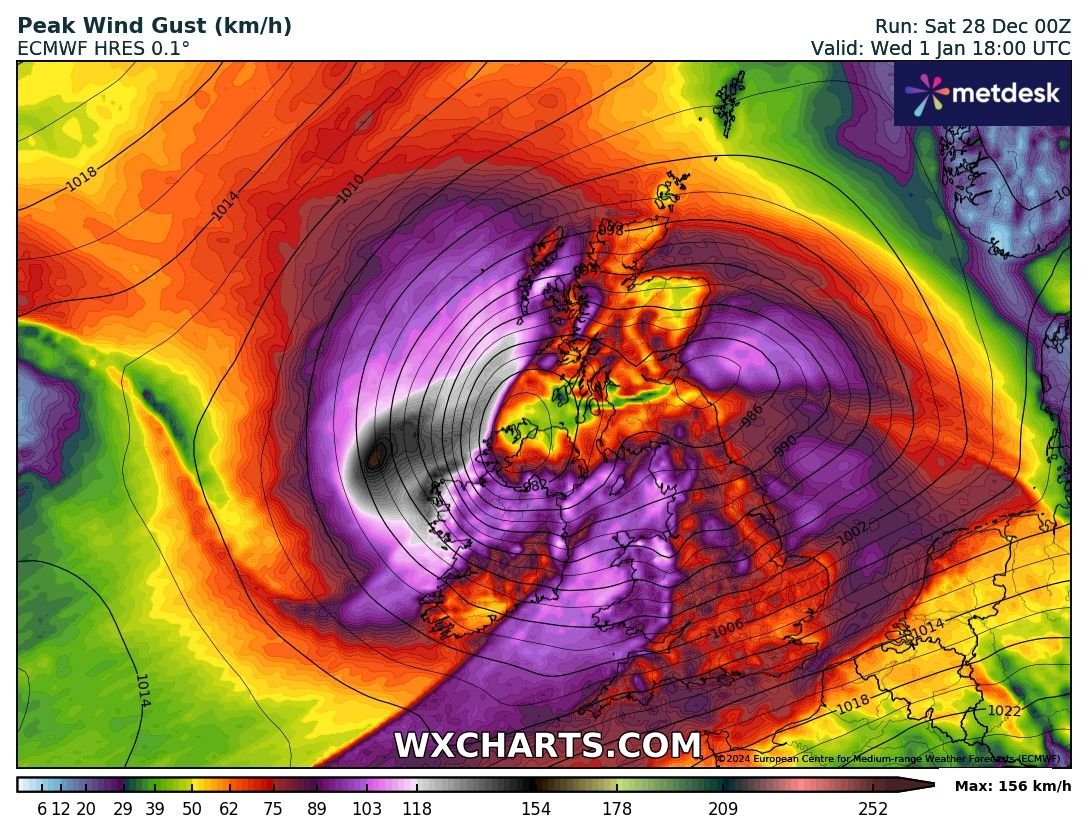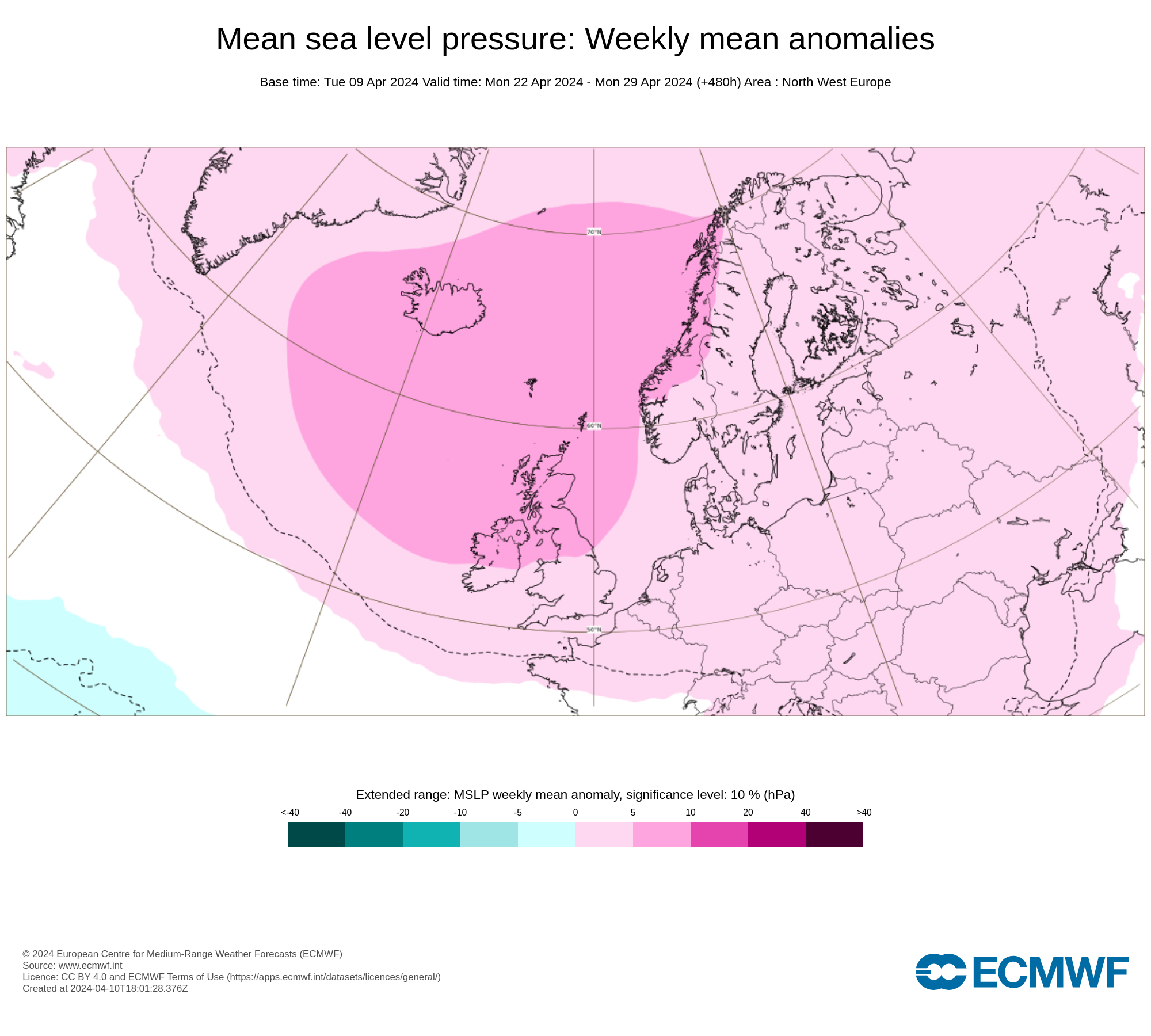Orange Gorse & Forest Fire warning will remain in place until the end of April
Condition Orange – High Fire Risk
Warning Effective From 1200hrs 24/04/2020
Effective Period Expires 1200hrs 30/04/2020
Arising from continued high pressure dominated weather patterns, increased temperatures and light easterly airflows, a high fire risk is deemed to exist in all areas where hazardous fuels such as dead grasses and shrub fuels such as heather and gorse exist.
Based on recent fire incidents, most ignitions risks appear to be associated with deliberate ignitions in upland areas. Fire activity has also been observed on areas subject to illegal waste dumping and areas where active turf cutting is taking place. Fire behaviour and initial spread rates are likely to be influenced by lower afternoon humidity levels and light to moderate wind speeds during the lifespan of this warning.
Members of the public intending to visit forests and other recreational sites are reminded of the requirement to remain within 2km of their homes and to adhere to regulations introduced to limit the spread of Covid-19. Vehicles should not be parked at site entrances or impede emergency service access to forest roads.
Pending significant rainfall, this risk condition will remain in place until 1200hrs on Thursday, April 30th, 2020 unless otherwise stated by the Department of Agriculture, Food and the Marine.
Advice to Forest Owners and Managers
All forest owners and managers are again advised to prepare for likely outbreaks of fire. Recent weeks have seen significant fire activity and losses in forestry. Fire lines, Fire Plans, fire suppression equipment should be reviewed and made ready and other relevant contingencies such as insurance, helicopter contracts etc., checked and confirmed.
The need for increased vigilance at this time cannot be overstated. Forest owners, farmers, rural dwellers and other countryside users are asked to be extremely vigilant regarding fire activity, to report any suspicious or illegal activity to the Gardai and to report all fires immediately to the Fire and Emergency Services via 112/999.
The Department recommends that forest owners and managers should consider the fire mitigation measures that they can put in place to help prevent loss or damage to forest resources through fire. Examples of such measures are:
Risk assessment:
Assess your property with regard to fire risk and mitigation factors. Is there a risk of fire or presence of hazardous fuel vegetation on neighbouring lands? Is there a history of land burning in the vicinity of your forest? Are access routes adequate, accessible and clear of obstructions? Is there a firebreak in place and has it been adequately maintained?
Prepare:
Fire Plans should be developed for all forests, including a map showing access routes and assembly points for fire fighting personnel and equipment and potential sources of water. The plan should also include contact details for the emergency services, local private and Coillte foresters, neighbouring landowners and forest owners in order to summon help should the need arise.
Have fire-fighting tools such as beaters and knapsack sprayers to hand and ready to use. If you do not live in reasonable proximity to your woodland, a local caretaker or forest neighbour should be employed and should also have a copy of the fire plan with your and all the above contact numbers.
Clear tracks and roads if available and ensure forest entrances and access routes are not blocked by parked vehicles or other obstacles, especially where visitors or recreational users may be present. Suitable signage to this effect should be displayed on gates or barriers.
Firebreaks should be created (if not already in place) by screefing or removing vegetation mechanically by excavator so that the soil is bare. Fire breaks should be at least 6 metres wide and should be maintained clear of flammable vegetation.
3. Be Vigilant:
Forest owners should be particularly vigilant during the high risk period. Fire patrols may be warranted in known fire hotspots. Be particularly vigilant at Bank Holiday weekends where high risk weather is forecast. Cooperation between neighbouring landowners is critical to successful fire prevention. Forest owners should discuss their concerns about fire with neighbouring landowners in advance of the fire season. Providing assistance to farmers wishing to carry out legal prescribed burning earlier in the season is a useful way of developing good working relationships with neighbours, as well as ensuring that operations are conducted safely during lower risk conditions. Forest owners should cooperate with fire planning and share the burden of fire patrols and vigilance during high risk periods.
4. Obey the Law:
It is an offence to cut, grub, burn or otherwise destroy any vegetation growing on any land not then cultivated between 1st March and 31st August in any year. Report all suspicious or illegal activity to Gardai immediately. Landowners wishing to carry out legally permitted prescribed burning must notify in writing all forest owners within one mile of the wood, and the local Garda station, between 7 and 35 days in advance of the burning operation. All burning operations should be notified to the Fire Service, via the control centre by telephoning 112/999 BEFORE burning commences. Landowners found burning illegally could face fines, imprisonment and Single Farm Payment penalties, where applicable.
5. Report Fires Immediately:
If you see a fire, do not delay; report it to the Fire and Emergency Services straight away. Do not wait for somebody else to make the call. Dial 999 or 112. You will not be billed by the fire service or local authority for making the call. Give clear details as regards location, where at all possible using a national grid reference and any other useful information such as the size of the fire, wind direction, proximity to dwellings or forestry etc. Do not attempt to tackle fires alone or without adequate training or protective equipment.
6. Report Losses:
If your forest is damaged or destroyed, report this loss as soon as possible to your local Gardai station and to the Department of Agriculture, Food and the Marine, Johnstown Castle Estate, Co. Wexford.
Advice to the General Public/Forest Visitors
Members of the public and visitors to recreational areas should cooperate with all requests regarding fire safety, obey all relevant bye-laws and be considerate in parking vehicles so as not to impede access by emergency vehicles.
Where fire outbreaks occur at or near recreational areas the following actions should be taken by visitors in the interests of safety.
1. Do not light fires in and around forests or open land.
2. Do not attempt to intervene or fight fires under any circumstances.
3. Gather all family/group members and move to a safe fuel-free location such as a car park, upwind of the fire.
4. Telephone Fire and Rescue Services via 112 and report the fire and its location.
5. Evacuate if instructed to do so, and cooperate with all Emergency Service Instructions.
BE PREPARED. BE VIGILANT. STAMP OUT FOREST FIRES.















